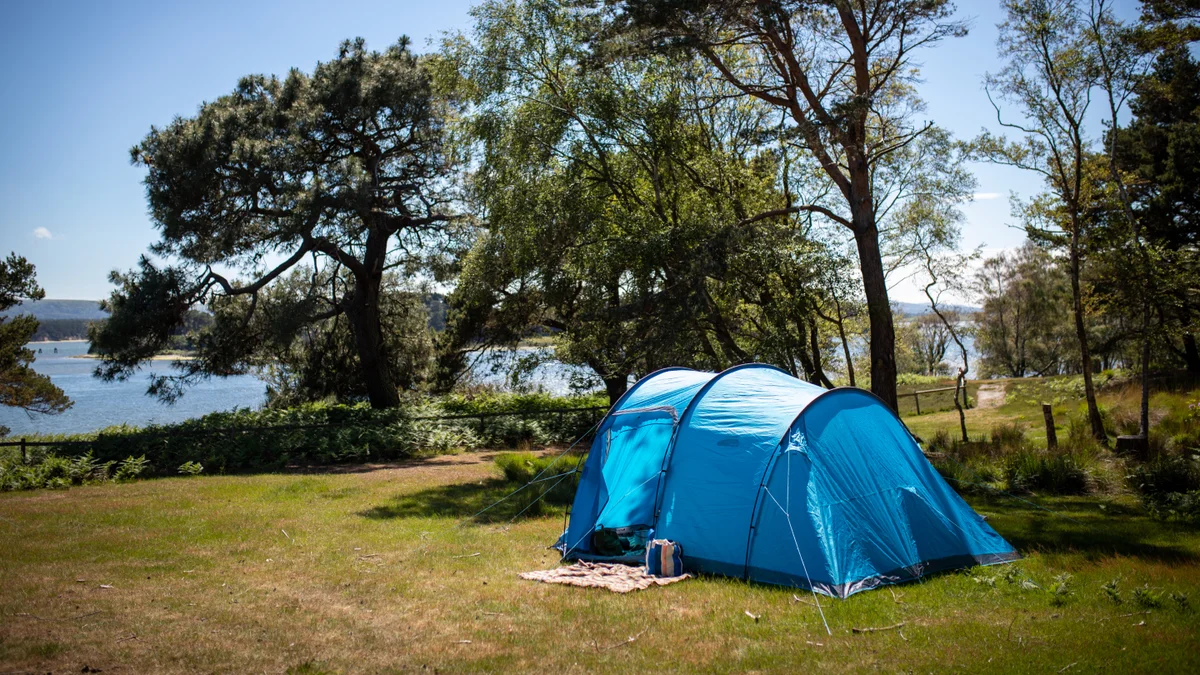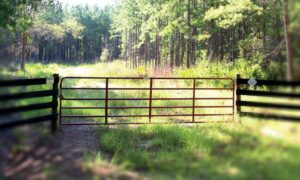Camping in the great outdoors is an activity enjoyed by many. From stargazing on a clear night to enjoying quality time with friends and family, camping can bring joy to any trip. Before you embark on your next camping adventure, it’s essential to carefully consider the perfect campsite.
Doing so will ensure you have a memorable experience packed with all of the activities and relaxation that come with being out in nature. This article explores critical factors to help you find the best campsite for your next outdoor excursion.
1. Consider the Location
Many factors must be considered when selecting the ideal campsite, and location is among the most significant. Accessing the campsite without difficulty, being located within a reasonable distance from your home, and, most importantly, being surrounded by natural beauty are all essential aspects that must be evaluated.
The chosen location should provide serene surroundings suitable for a rejuvenating escape from the hustle and bustle of daily life. Plus, it should be simple to get to, avoid busy roads, and have enough space for all camping equipment. Therefore, only after all potential locations have been adequately reviewed should a decision be made on the ideal campsite.
2. Think About Amenities
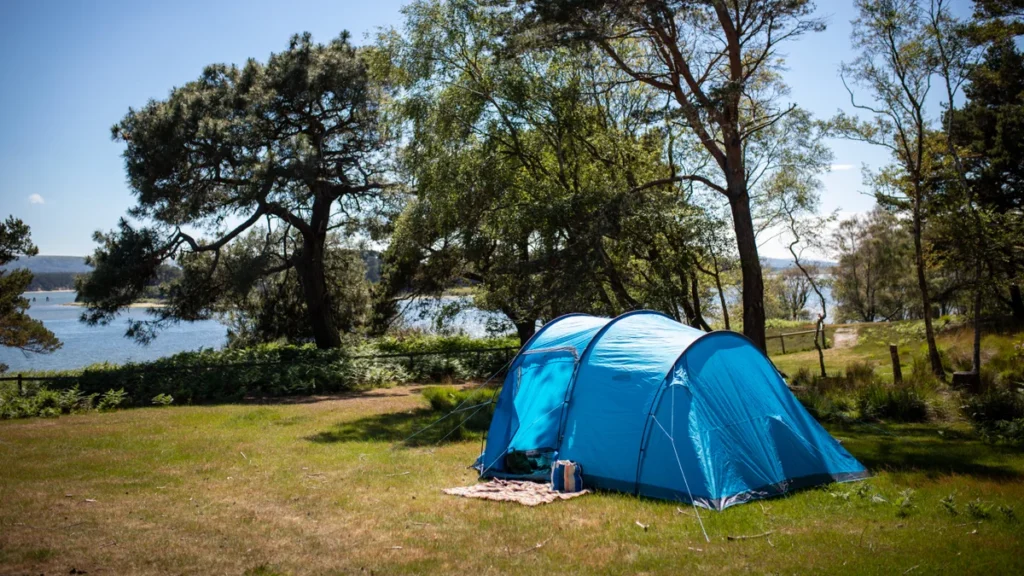
Source: nationaltrust.org.uk
Amenities are also an essential factor to consider when selecting a campsite. Most campgrounds offer basic amenities such as running water, electricity, and restrooms. However, some can provide additional luxuries like showers and TV hookups.
For a great RV camping experience, it’s also essential to determine if the campsite has adequate outlets for powering your electronics, including a microwave for RV use. By doing this research in advance, you can ensure you have access to everything you need during your stay at the campsite.
It’s also wise to check for campground reviews to get a better sense of what amenities are available. Visit sites like RV Lifestyle for more information if you are planning a road trip with your RV.
3. Take Note of Rules & Regulations
It’s essential to become familiar with the rules and regulations of the campsite. It includes understanding any restrictions that may be in place regarding pets, fires, noise levels, and other activities. Ensuring these policies are understood before you arrive will help make your camping trip smoother and more enjoyable.
Additionally, if there are any questions or concerns about the regulations of a particular campsite, feel free to reach out to an employee or contact them directly for clarification. With this knowledge in hand, you’ll be able to find the perfect campsite for your next outdoor excursion.
4. Assess the Terrain
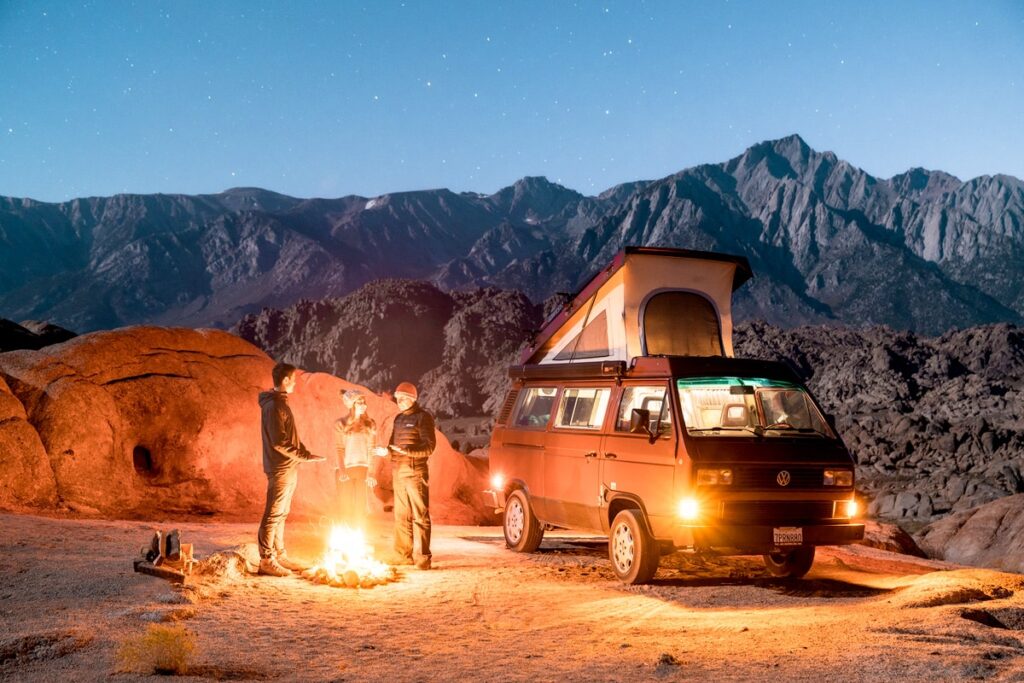
Source: reneeroaming.com
The terrain of a campsite is another crucial factor to consider. Depending on the type of camping you plan, it’s crucial to consider whether the terrain is hilly or flat and whether there are any rain or sun shelters. Flat terrain may be best for tent camping, while hilly land can be great for RV camping.
Shelters will also come in handy when needing protection from inclement weather or strong winds during your stay. Lastly, if you use an RV, ensure the campsite has enough level ground for parking and maneuvering your vehicle as needed. Once you’ve considered all these points, you’ll better understand which campsite offers the ideal combination of amenities and terrain for your camping trip.
5. Consider the Weather Conditions
Knowing a location’s weather conditions is crucial when planning a camping trip for several reasons:
- Safety ─ Weather conditions directly impact your safety while camping. Extreme weather events like thunderstorms, blizzards, hurricanes, or heat waves can pose significant risks to campers. Being aware of the weather forecast helps you prepare for potential hazards and take necessary precautions, such as packing appropriate gear, securing your campsite, or even choosing an alternative location if severe weather is expected.
- Comfort ─ Understanding the weather conditions allows you to pack and dress appropriately, ensuring your comfort throughout the camping trip. Knowing the temperature range, precipitation levels, and humidity levels helps you choose the right clothing, sleeping gear, and other camping essentials. You can pack extra layers, rain gear, or sun protection items to stay comfortable in various weather conditions.
- Planning activities ─ Weather conditions impact the feasibility and enjoyment of outdoor activities. For example, if you’re planning to hike, knowing the weather forecast can help you avoid hiking during heavy rainfall or in areas prone to flash floods. It also allows you to plan outdoor activities like fishing, swimming, or stargazing based on favorable weather conditions.
- Equipment and food preparation ─ Different weather conditions require specific camping equipment and food preparations. If you anticipate cold weather, you may need to pack a warmer sleeping bag, insulating mats, and appropriate cooking gear for preparing hot meals. On the other hand, if it’s going to be hot, you might need to bring extra water, consider shade options, and choose lightweight, breathable clothing.
- Campsite selection ─ Weather conditions can influence the choice of your campsite. For instance, if you’re camping in a region prone to heavy rainfall, you may want to select a campsite with good drainage to prevent flooding. Windy conditions might require finding a sheltered spot to set up your tent. Being aware of the weather allows you to choose a campsite that aligns with your preferences and provides a safer and more comfortable experience.
Overall, knowing a location’s weather conditions when planning a camping trip helps ensure your safety, comfort, and enjoyment while allowing you to make informed decisions about activities, equipment, and campsite selection.
6. Research Facility Options
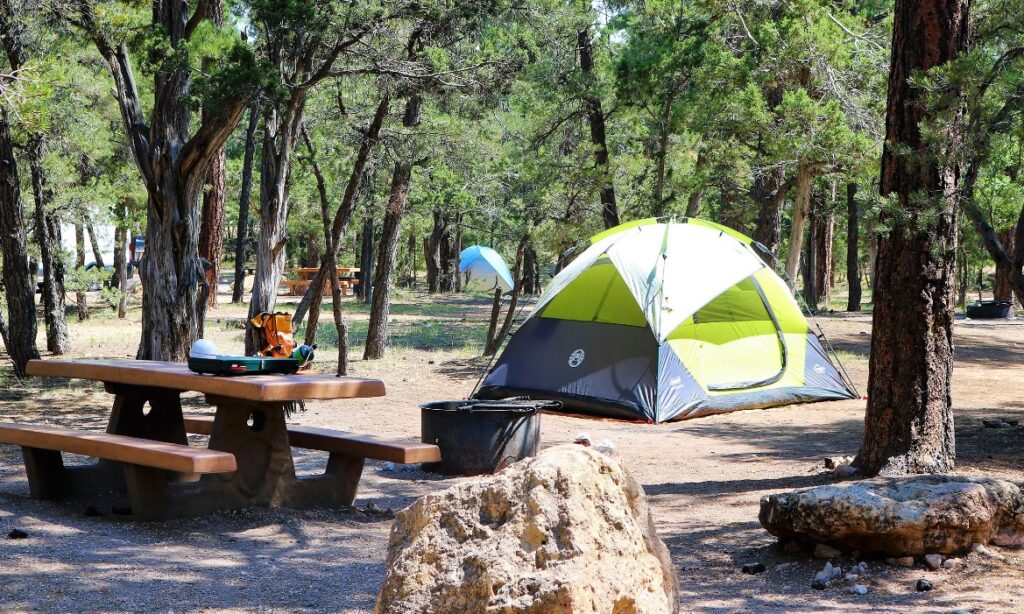
Source: mygrandcanyonpark.com
It’s essential to research the facility options available at the campsite. Does it have fire pits, picnic tables, and barbeque grills for cooking? If so, these can be great additions that will enhance your camping experience.
If you plan on doing a lot of outdoor activities during your stay, such as biking and hiking, make sure there are trails in the area or other facilities like playgrounds or sports complexes nearby. All of these amenities will ensure that you’ll be able to enjoy all the activities that come with being out in nature without traveling too far from your campsite.
7. Cost & Payment Options
Considering the cost and payment options available at the campsite is essential. Generally speaking, there will be a fee associated with camping but make sure to check if this is refundable in case of an unexpected change of plans.
Additionally, find out what type of payment options the campground accepts so you can plan your budget accordingly. Considering all these factors when selecting a campsite will help ensure that your next camping adventure is one to remember. With proper research and consideration, you’ll be able to find the perfect spot for your outdoor excursion.
8. Read Reviews

Source: inc.com
Finally, reading reviews from previous campers is always a good idea. It will provide valuable insight into the overall camping experience at a particular site and help determine if it’s right for your next outdoor excursion.
By reading reviews, you’ll learn about potential problems during your stay, such as noise level, security, facilities, or cleanliness. With this information, you’ll have everything necessary to decide on the perfect campsite for your trip.
In Conclusion
Finding the ideal campsite requires careful consideration of several factors, including location, amenities, rules and regulations, terrain, facility options, cost and payment options and reviews from other campers.
By considering all these points when deciding on your next campsite, you’ll be sure to find the perfect spot for your outdoor adventure. With the proper research and planning, you can make your camping experience one to remember.

